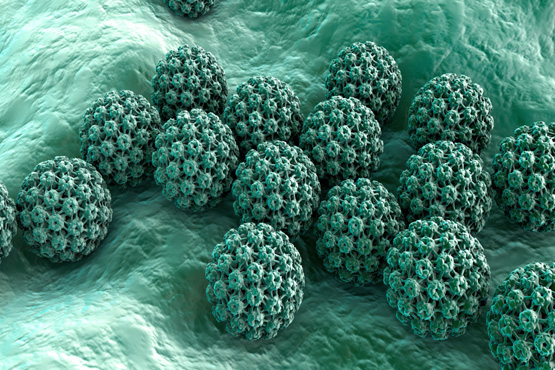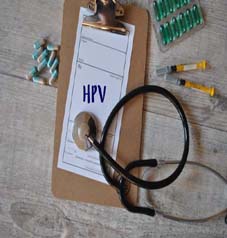WHAT IS HPV

What is Human Papilloma Virus (HPV)?
Human Papilloma Virus is a sexually transmitted virus that is very common worldwide. It is often referred to by the initials of its name and is generally known as HPV. HPV infections can lead to symptoms known as genital warts, but in some cases, an infection can occur without any noticeable symptoms. There are over 300 types of human papillomavirus, and some of them can cause warts in the genital area.
HPV and Cancer
It is known that 5% of all cancers caused by viruses or bacteria worldwide are caused by the HPV virus. Particularly types 16 and 18 of HPV play a significant role in the formation of cervical cancer. These types take a long time, around 10-15 years, to develop into cancer after entering the body.
HPV and Genital Warts
HPV can cause wart formation within an average of 2-3 months after entering the body, although this period may vary from person to person. It is estimated that 75% of sexually active women will have an HPV infection at some point in their lives. However, being infected with the wart virus does not necessarily mean that genital warts will develop. Sometimes, an HPV infection can be experienced without the formation of noticeable warts.
Elimination of HPV Infection from the Body
The body's defense cells eliminate about 80-90% of HPV about 1-2 years after it enters the body. However, some HPV viruses can remain latent in the body and become active when the immune system is weakened, leading to genital warts and cell proliferation.
Varieties of HPV
While some types of HPV only cause warts, others can cause both genital warts and cancer. Although types of HPV that normally cause warts do not cause cancer, due to the possibility of multiple types of HPV being present together, it is important to type HPV to determine which type is present.
Conclusion
HPV, which is usually transmitted sexually, can lead to serious health problems. However, these risks can be minimized with regular screenings and appropriate treatment strategies. In addition, HPV vaccines provide protection against types that carry a high risk of cancer. Vaccinations and regular checks play an important role in preventing complications arising from HPV infections.


 TR
TR EN
EN
